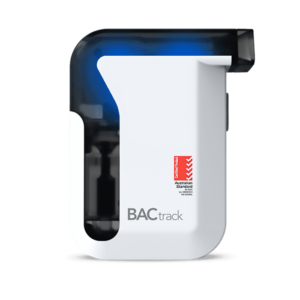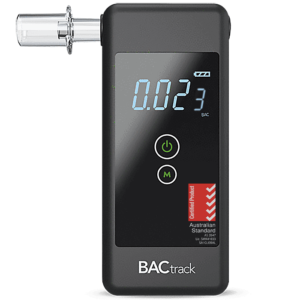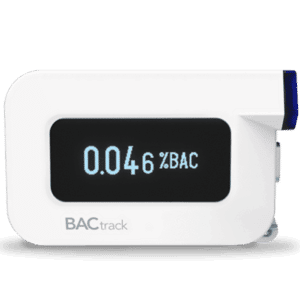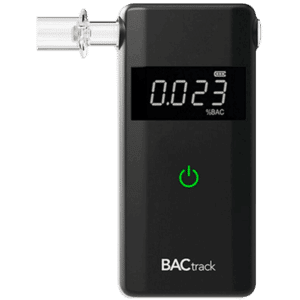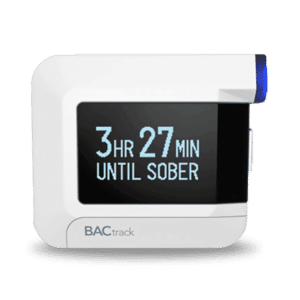Construction Company Drug and Alcohol Policy – What Can Be Included?
26 October, 2023

The construction industry is known for its demanding and physically challenging work. With safety being a top priority, it is crucial to have a strict construction company drug and alcohol policy in place. When developing guidelines, it is vital for employers to include all necessary aspects. This policy should outline clear guidelines, consequences, and support systems to address substance abuse issues effectively. Nevertheless, the purpose of it is to have a risk management process.
Construction sites are high-risk environments with heavy machinery, precarious heights, and potential hazards. The use of illicit substances affects not only the construction workers but also the entire project and the safety of everyone in the construction industry worksites. Thus, incorporating the policy will ensure alertness, focus, and work in the best condition at all times. This article will present the types of tests, the rights to privacy, and the legal implications.
Construction Company Drug and Alcohol Policy – Types of Tests and Cut-Off Levels
A construction company drug and alcohol policy includes conducting drug and alcohol testing using various procedures. One is the saliva testing. This includes the collection of oral fluid using a swab, and typically detect substances for hours. Another is urine drug or alcohol testing. It monitors a wide range of substances for a longer period.
Moreover, blood testing involves drawing a small amount of blood from a person. This is one of the most accurate assessments but is less common due to its invasiveness. The hair testing includes the collection of hair strands. This method can detect the presence of drugs and alcohol consumption for up to nine months.
Also, a breathalyser test is common to monitor alcohol concentration. This is a breath testing procedure that can give accurate and prompt results. Nevertheless, each type of test has its own set of cut-off levels. These levels help determine whether a test is positive or negative. For instance, in urine testing, Australia has a threshold for various illicit drugs at 50 mL. For breathalyser testing in the construction workforce, the legal blood alcohol level is 0%.
Commonly Detected Substances
In the testing process, the following substances are common to be detected:
- Ethanol – an ingredient in most liquor beverages. This causes impairment and reduces perception and focus.
- Cannabis – which includes marijuana and hashish. It has a psychoactive compound, tetrahydrocannabinol (THC).
- Amphetamines – this category involves methamphetamine, methylphenidate, and precursor chemicals.
- Cocaine – it is a powerful stimulant that comes from a coca plant.
- Opiates – such as heroin, morphine, and codeine. This is from an opium poppy plant and is known for its pain-relieving properties.
- Benzodiazepines – these are sedative and has anti-anxiety effects. It includes the diazepam, alprazolam, and lorazepam.
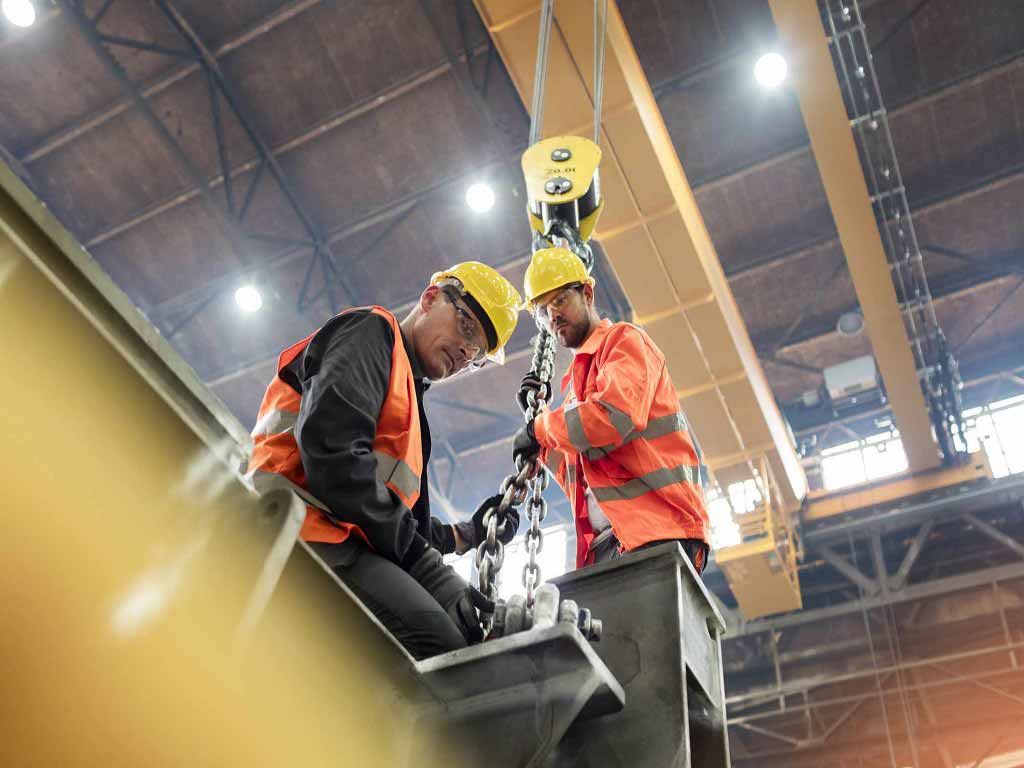
Construction Company Drug and Alcohol Policy – Rights to Privacy
The construction company drug and alcohol policy is in place to promote workplace safety and productivity. However, such guidelines must also consider the right to privacy of the construction workers. Employees in an industry have certain rights to privacy. This means workers have the freedom to keep their personal lives and information private.
However, workers must also note that this right to privacy is bound to certain situations, such as the workplace. Nevertheless, the company needs to ensure that the regulations and decisions about procedures align with relevant laws and protect the privacy of employees. The policy should have consent from the worker before taking such testing.
Accordingly, the guidelines must include the prohibition of illegal substances and the disciplinary process like warnings or termination. Also, it is crucial to add why the testing is reasonable and necessary and the types of testing. The results of the assessment must be in a confidential manner. This is to ensure that the outcome is not disclosed to any unauthorised people.
Can an Employee Refuse a Test
In many industries, employers have the right to require illicit substance testing of employees, especially in jobs where safety is a concern. Generally, employees may have the right to refuse a test. This is particular if it infringes privacy rights or if it is not conducted in a fair and reasonable manner.
However, refusing the test could also have consequences, such as disciplinary measures or termination of employment. It is important to understand that the guidelines have consequences because it is in place to have a safety initiative. Thus, it is crucial to know the policies of the company before refusing the test.

Construction Company Drug and Alcohol Policy – Legal Implications of Positive Results
Understanding the legal implications of a positive construction company drug and alcohol policy is important. From the perspective of a company, the positive result can be a way for early intervention. This eliminates any safety risks and maintains a productive working construction environment. It allows the organisation to take appropriate action to protect the safety of employees and prevent potential accidents and injuries.
In dealing with positive alcohol and drug tests, it is crucial for the company to follow legal procedures and consider the rights of the employees. This includes adhering to applicable laws and regulations, as well as the privacy rights of the workers. Moreover, the organisation must also ensure that the testing procedure is done properly.
Additionally, when there is a positive result, the company may take disciplinary measures. This depends on the severity of the policy violation. It is important for the organisation to ensure that these measures are fair, consistent, and in compliance with the guidelines and applicable employment laws. This also helps the company to eliminate any legal challenges related to unfair treatment.
Treatment and Recovery Options
When an employee tests positive for drugs or alcohol, it is crucial to have established treatment and recovery options in place. Treatment options may vary depending on the severity of the situation. This could include counselling, therapy, support groups, or rehabilitation programs. Such approaches address the underlying causes of substance abuse.
Recovery options usually involve ongoing monitoring, accountability, and potential follow-up testing to ensure the employee remains sober. By providing adequate support and assistance, companies can help their employees recover and maintain a healthy, substance-free lifestyle. This can also include the continuation of work if the testing turns negative.
Conclusion
The construction company drug and alcohol policy is a set of guidelines to ensure the safety of the construction workforce. Many organisations establish regulations to manage the effects of alcohol or illegal drugs. It typically includes the reason for testing, why it is necessary, the testing procedures, and the consequences of a positive result. However, employers must consider the rights to privacy of the employees to avoid any legal issues and misunderstandings.
In conducting the test, the employer may choose from urine testing, saliva, blood, and hair assessment, or a breathalyser for consumption of alcohol. Also, the legal implications of a positive test are important to address various aspects. This can help the organisation to make early interventions, follow the applicable laws, and take necessary disciplinary measures. Nevertheless, it is crucial for employees not to refuse a test because this can have severe consequences.


















